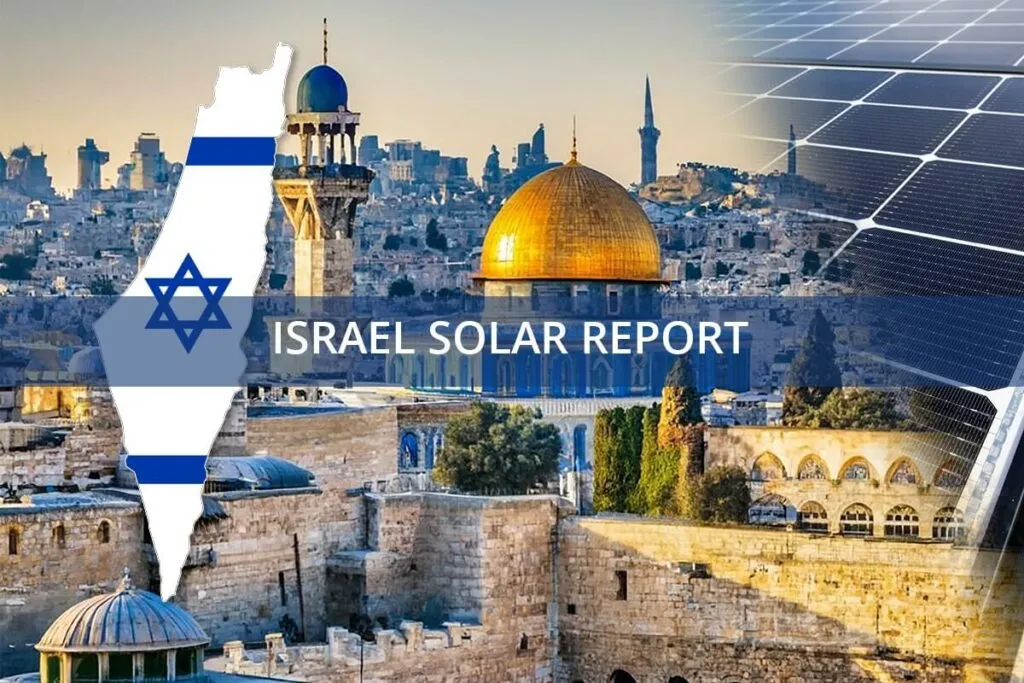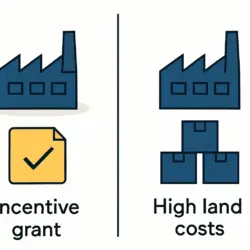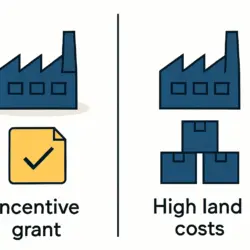Israel is launching a national solar program to integrate solar energy into sports facilities across the country. The initiative, announced by Minister of Energy and Infrastructure Israel Katz and Minister of Culture and Sports Miki Zohar, will provide grants totaling NIS 20 million (approximately $5.1 million) for installing solar systems in sports complexes.
This program marks another key step in Israel’s broader push for renewable energy, a trend covered in recent articles about the country’s solar initiatives (https://www.pvknowhow.com/news/israel-solar-initiative-solar-panels-roofs-2030/).
Solar Sports Facilities Israel: Grant Details and Objectives
The program will offer grants of up to NIS 1 million (around $255,000) for each sports facility, with the goal of installing at least 100 solar systems. This initiative is designed to enhance energy efficiency and promote renewable energy in both new and existing sports complexes. The focus on rooftop solar aligns with other programs created to incentivize installations and grid connection (https://www.pvknowhow.com/news/rooftop-solar-incentives-israel-new-panels/). The project is part of Israel’s broader strategy to boost renewable energy usage and supports government efforts to expand solar integration across various sectors, helping to reduce carbon emissions and lower electricity costs.
Ministry Collaboration on the Solar Sports Initiative
The program is a collaborative effort between the Ministry of Energy and Infrastructure and the Ministry of Culture and Sports, created to encourage local authorities to adopt solar energy solutions by providing financial incentives.
Minister of Energy and Infrastructure, Israel Katz, highlighted the initiative’s importance: “The new program will increase the deployment of solar systems in Israel and accelerate the use of renewable energy in local authorities and sports facilities, which will also lead to a reduction in electricity costs and a reduction in the carbon footprint.” He also mentioned that this effort is part of a broader government push to integrate solar energy into various public and private sectors.
Minister of Culture and Sports, Miki Zohar, emphasized the program’s dual benefits: “This program will encourage the installation of solar systems, save costs, and promote the use of renewable energy. This is an important step for the environment and for the sports system in Israel.”
Israel’s Broader Solar Progress and Future Plans
This initiative builds on Israel’s recent achievements in renewable energy. For more information on Israel’s solar projects, see https://www.pvknowhow.com/category/pv-news/asia-news/israel/. In March, Israel’s Electricity Authority announced that the country had added over a gigawatt of renewable energy capacity in 2023, the majority of which came from solar power. This aligns with the country’s ambitious target of 1.6 GW of solar capacity by 2030, as outlined in its rooftop solar initiative (https://www.pvknowhow.com/news/israel-solar-energy-rooftop-plan-2030/).
The Electricity Authority reported that in 2023, 1.1 gigawatts of new renewable energy capacity were connected to the grid, bringing the total to 5.6 gigawatts. Solar energy accounted for 99% of this new capacity, while other renewable sources like wind and biomass contributed minimally.
In addition to the national solar program for sports facilities, Israel is also pursuing other renewable energy projects, including large-scale initiatives in the Negev Desert (https://www.pvknowhow.com/news/solar-projects-israel-2-amazing-large-scale-initiatives-approved/). For instance, a recent tender for 250 megawatts (MW) of dual-use solar power plants closed, with winners expected to be announced soon. These dual-use plants will be built on agricultural land, combining energy generation with food production.
Economic and Environmental Impact
The new national solar program for sports facilities is expected to deliver significant economic and environmental benefits. By reducing electricity costs, local authorities can allocate more funds to other community services. The program will also help reduce Israel’s carbon footprint, aligning with global efforts to combat climate change.
Israel’s commitment to renewable energy is evident in its ambitious targets. The country aims to generate 30% of its electricity from renewable sources by 2030, with solar energy playing a central role. The success of this national solar program for sports facilities will be a crucial step toward achieving that goal.



